Best Night Vision Home Security Cameras 2025, At night, it can be a challenge to spot things. Break-ins and burglaries happen under the cover of pitch-black nights. That’s why night vision capability has become essential when choosing home security cameras. Designed to meet diverse needs, various types of night vision-enabled home security cameras are available on the market.
This article offers key insights into selecting the best night vision home security cameras.
What are night vision home security cameras?
How do night vision home security cameras work?
Night vision home security cameras advantages
Comparing different types of night vision home security cameras
How to choose the best night vision home security camera?
Top Tapo Night Vision Home Security Cameras
Troubleshooting Guide
Frequently Asked Questions About Night Vision
What are night vision home security cameras?
Night vision home security cameras capture imagery in low-light or pitch-dark settings using infrared (IR) LED technology. These cameras emit a light spectrum invisible to the human eye, enabling them to “see” in the dark. However, IR-based night vision produces only black-and-white images, limiting the detail they can capture.
Color night vision home security cameras capture vivid and colorful video footage in inky darkness. The supplemental light, lens, and sensor are key to rendering colors under ultra-low light conditions.
Best Night Vision Home Security Cameras 2025
How do night vision home security cameras work?
Night vision home security cameras work by amplifying the available light in the environment, including both visible and infrared light. There are different types of night vision technologies used in home security cameras. Here are some common ones:
Night vision home security cameras advantages
The effectiveness of night vision home security cameras varies based on their features. Generally, using night vision home security cameras offers several advantages:
Comparing different types of night vision home security cameras
Here is a brief comparison of three types of night vision home security cameras:
| Comparison | Infrared (IR) Night Vision | Color Night Vision | ColorPro Night Vision |
| Artificial light | Invisible IR lights | White lights | None |
| Image brightness | Low | Middle | High |
| Image color | Black & white | Full-color | Natural color |
Most home security cameras feature infrared (IR) night vision, which generates black-and-white images. Infrared light reveals objects that are otherwise hidden in darkness. IR cameras often have an extended night vision range, offering a broad view of your surroundings. Their subtle lighting makes them less noticeable—ideal if you aim for discretion. However, they only produce monochromatic images, limiting detail.
Color night vision, on the other hand, delivers vibrant images even in low-light scenarios. These cameras use supplemental lighting to enhance the image, offering greater detail and realism. The vivid imagery can deter would-be intruders, although these cameras typically have a shorter vision range. Note that the additional light from spotlights or floodlights may disturb neighbors.
ColorPro night vision adopts TP-Link‘s revolutionary and innovative night vision technology for enhanced clarity.
This breakthrough technology enables the camera to deliver superior monitoring and image quality, setting a new standard for home security systems. You can experience more natural colors, brighter images, and clearer pictures compared with other color night vision cameras that utilize spotlights or floodlights.
How to choose the best night vision home security camera?
There are four key factors to know when choosing between Infrared (IR) and color night vision home security cameras:
1. Image Quality
For capturing details like the color of clothing or vehicles, color night vision cameras are the superior choice. Such specifics can be invaluable when reporting a crime to authorities.
If your primary focus is monitoring pets, children, or less frequented areas, black-and-white night vision cameras should suffice for your basic requirements.
2. Storage Capacity
Some cameras feature local storage, like SD cards, while others offer cloud storage. Color night vision footage, being more detailed, consumes more storage space than its black-and-white counterpart. If storage is a significant concern, black-and-white night vision cameras may be a more suitable option.
3. Price
As for infrared (IR) night vision home security cameras, they are always the most common and affordable ones that can still work at night and offer you black & white images. Color night vision home security cameras cost a little more but are worth it because of their advanced performance.
4. Mounting Scenarios
Key locations such as entrances, driveways, and front or back yards benefit most from color night vision cameras.
For discreet monitoring, infrared (IR) cameras are ideal as they emit invisible light. ColorPro night vision cameras deliver vivid images without supplemental lighting, making them excellent for outdoor installation, providing enhanced nighttime performance and robust protection
Four key features to consider about the best night vision home security camera:
1. Super Aperture
The term “aperture” typically refers to the opening in a camera lens that controls the amount of light entering the camera. It affects the depth of field and the amount of light reaching the image sensor, thus influencing the exposure and the overall look of a photograph. Home security cameras with super aperture have larger lens openings, allowing more light to reach the image sensor.
2. High Resolution
The higher resolution the night vision home security camera has, the more details and clearer footage it can record. Higher resolution does mean better video quality, but it also requires a faster internet connection and a larger file size.
*The following resolutions are currently supported by TP-Link cameras.
| Resolution | Image Size |
| 480p | 640×480 |
| 720p | 1280×720 |
| 1080p | 1920×1080 |
| 2K 3MP | 2304×1296 |
| 2K QHD 4MP | 2560×1440 |
| 2688×1520 | |
| 2K 5MP | 2560×1920 |
3. Long Range
This indicates how far home security cameras with night vision can see at night. A long-range night vision home security camera provides farther visual distance in total darkness.
4. Wide Field of View
A wider field of view (FOV) provides a larger detection range, covering more space, and enabling you to focus on more vital areas. However, keep in mind that wider angles may sacrifice image clarity and detail.
Three Essential Tips for Selecting the Ideal Night Vision Home Security Camera:
1. Check specifications to learn if night vision is on the list. Are there IR LEDs or white lights?
2. Check night vision video samples from the manufacturer, and watch night vision footage shared by other customers.
3. Read media and customer reviews on night vision home security cameras.
Troubleshooting Guide
Here are common troubleshooting steps when experiencing problems with your night vision home security camera.
Frequently Asked Questions About Night Vision
Q: Why is my home security camera blurry at night?
A1: Issues like dust, water vapor/mist, or small insects may accumulate on the lens or sensor.
A2: Strong reflective objects or light sources aimed at the lens can disrupt exposure, darkening other areas.
A3: A lack of IR LEDs or white lights may result in poor night vision and blurry images.
A4: Lens scratches can degrade image quality. Opt for reputable manufacturers known for quality lens materials.
A5: Using the camera behind a glass window can create glare and distort image quality due to varying indoor and outdoor lighting conditions.
Q: Do all home security cameras have night vision?
A: Many home security cameras have night vision capabilities. Night vision, a common feature in modern home security camera systems, is designed to enhance surveillance and monitoring capabilities during nighttime hours. It’s always advisable to check the specifications and capabilities of a specific camera model to ensure it meets your requirements for nighttime surveillance.
Q: Do night vision home security cameras work in complete darkness?
A: Yes. Night vision home security cameras are equipped with infrared, white lights, or some advanced technology that allows them to capture images in the dark.
Q: Black and white vs. color night vision, which is better?
A: There is no “right” or “wrong” answer to this question because they all have pros and cons. The choice between black-and-white, and color night vision depends on the specific requirements and priorities of the user. In situations where light sensitivity and long-range visibility are crucial, black-and-white night vision may be preferred. On the other hand, if color information and enhanced perception are more important, color night vision might be the better option.
- best night vision security cameras for small homes, best night vision security cameras under $100, best night vision security cameras for apartments, best night vision security cameras for rentals, best night vision security cameras for dark areas, best night vision security cameras with long range, best night vision security cameras for pets, best night vision security cameras for elderly, best night vision security cameras with solar power

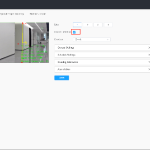



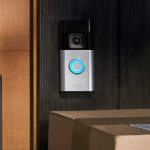
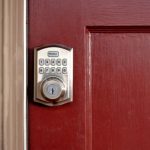
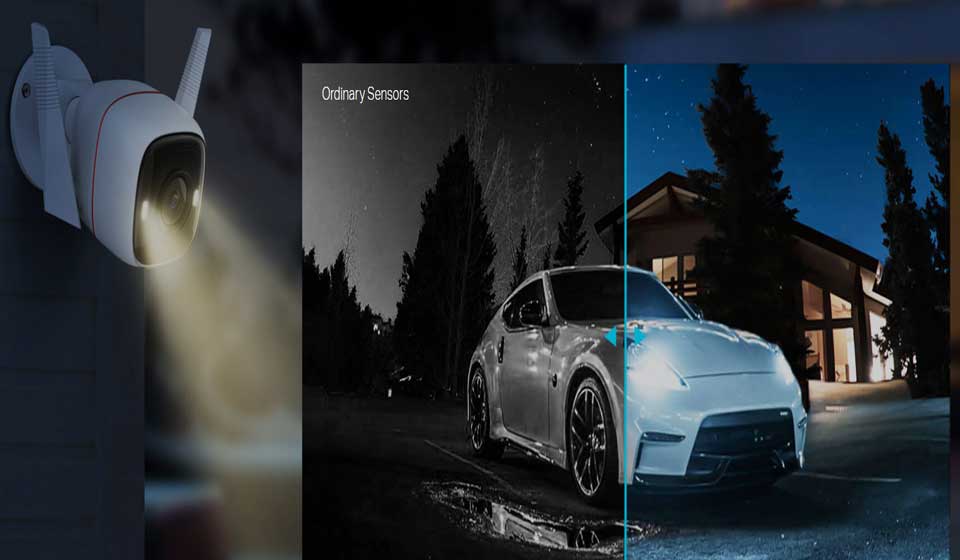
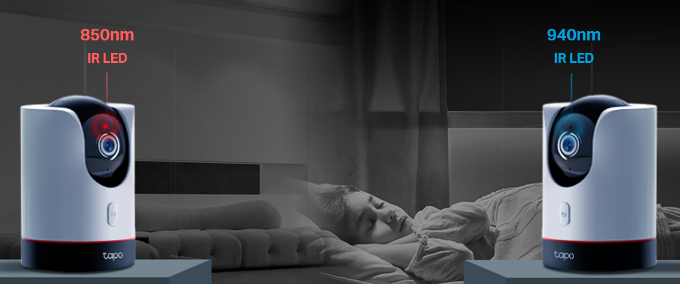
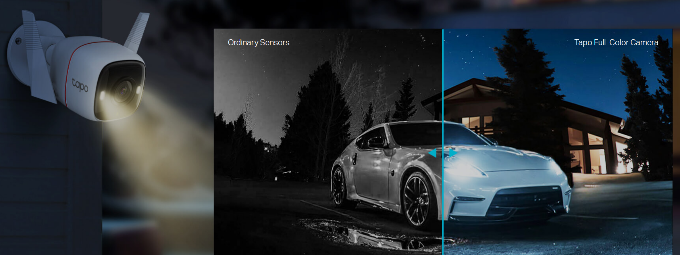
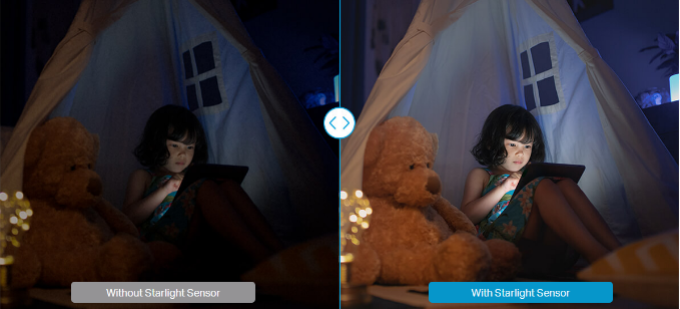
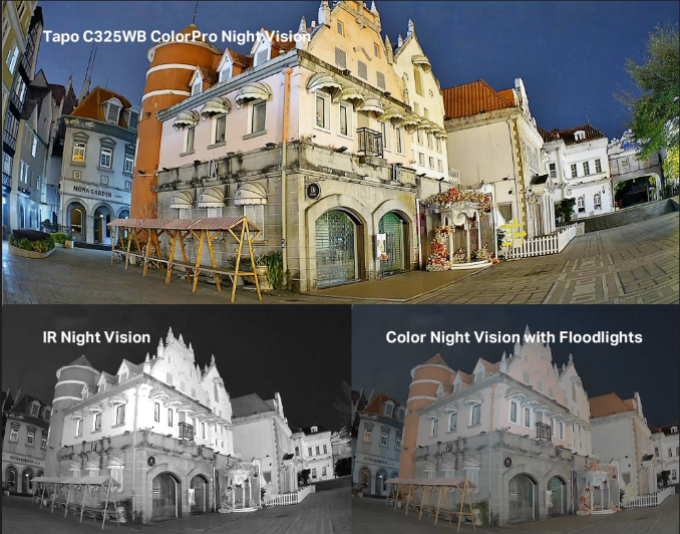
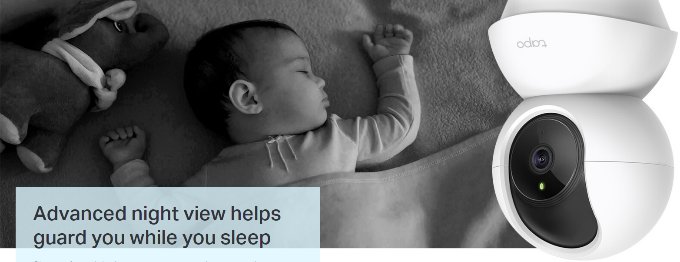
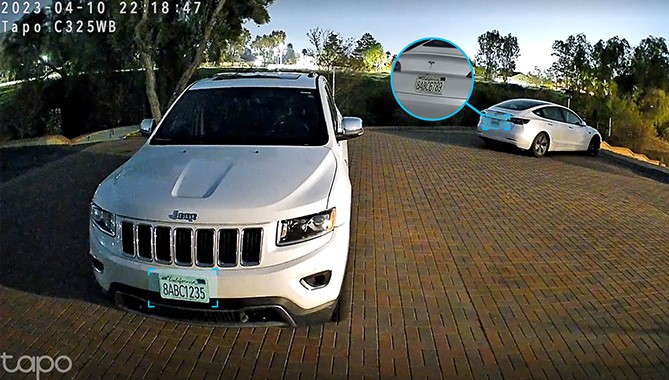
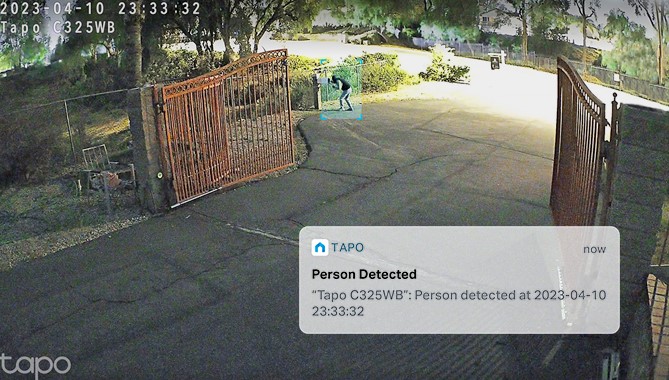
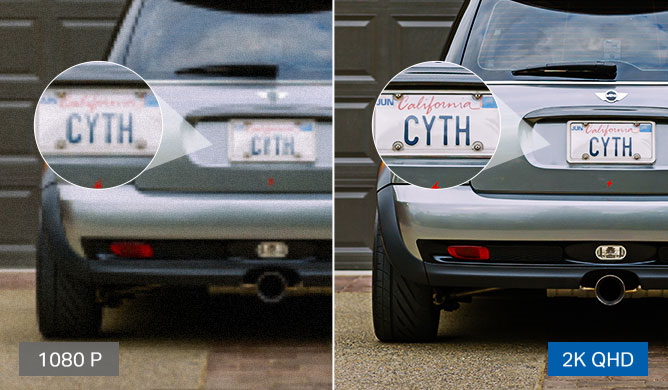
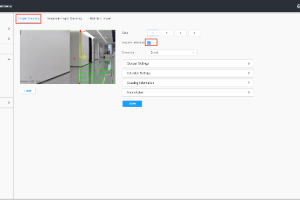
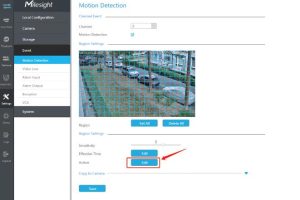


Add Comment